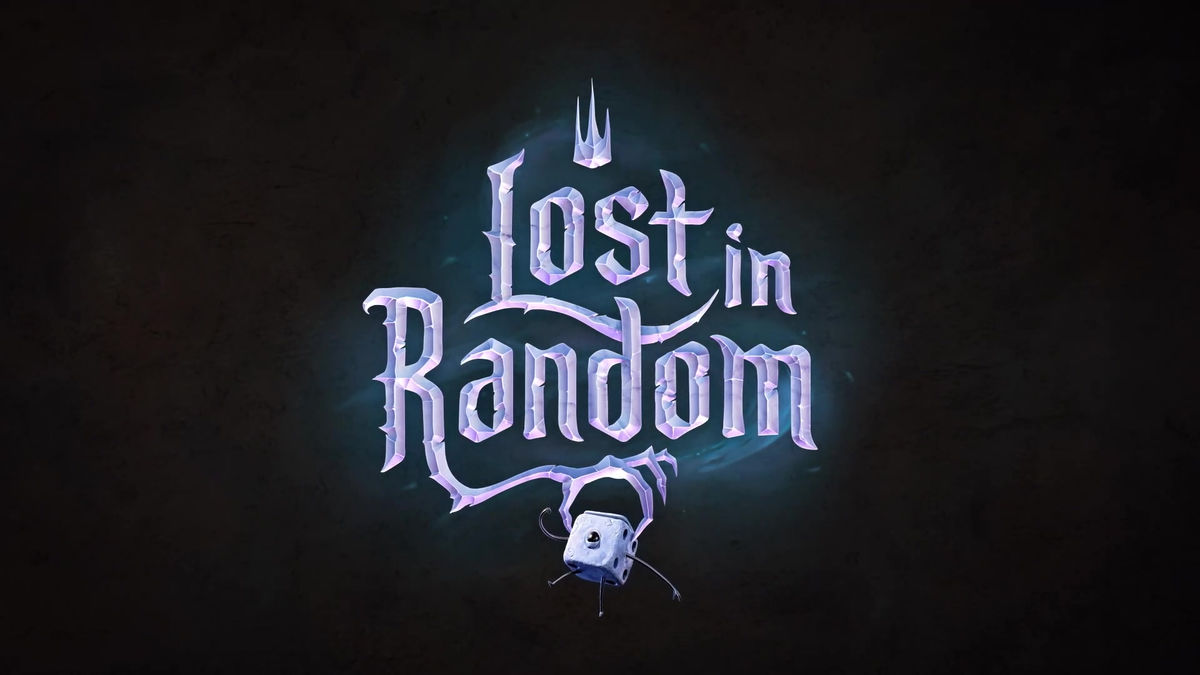

In researching the novel I looked at almost fifty of them, which ranged from Ireland and Britain, to Western Europe, to the USA and Canada, from the 1500s right through to the 1900s. "I was instantly intrigued by these cases, which seemed to echo medieval saints starving as an act of penance, and also modern anorexics, but weren't exactly the same as either. In an interview with Pan Macmillan, Donoghue explains:


The story of The Wonder isn't based on real-life events but was inspired by the phenomenon of "the fasting girl," dating back to the 1500s, whereby girls would starve themselves as a form of penance.

Irish-Canadian writer Emma Donoghue adapted The Wonder from her own 2016 novel (Donoghue did the same with her 2010 novel Room, the 2015 adaptation seeing Brie Larson win the best actress Oscar). Out." Again, pretentious, but this goes back to the idea of believing in stories and the power of faith. There, we see Algar dressed in all black, no longer playing Anna's older sister Kitty, but the mysterious narrator. To the sound of more hopeful, ethereal tones, the camera pans and we return to the film studio. Anna believes this is her duty because she loved her brother back. He was "punished" for the "Unholy" act with a deadly illness, but their mother says he'll be released to Heaven with Anna's sacrifice. from Hell." Anna thinks this soul will be her brother, who groomed and raped her at 9 for years. In any case, Anna has "chosen" the path to death, believing that if she dies, "one soul will be released. She and her husband are willing to let the experiment continue, even if Anna dies, refusing to give up their religious beliefs. Why does Anna refuse to eat?Įven after Nurse Wright reveals her findings to the committee, Anna's mother refuses to admit the truth. She cups her face and kisses her good morning and good night, and she feeds her daughter with each kiss, like a bird." When her mother is prevented from kissing her, Anna quickly becomes ill, no longer receiving any sustenance at all. O'Donnell, has been passing her food from her own mouth. From this point onward, Anna's condition deteriorates rapidly.Ībout two-thirds through the film, after summoning the committee, Nurse Wright reveals her assessment of the situation: "Anna's mother, Mrs. Nurse Wright soon escalates her watch over the miracle patient by insisting the O'Donnells no longer come into Anna's room. It isn't clear if we're witnessing a loving kiss on the forehead or something more disturbing. Not long into Nurse Wright's stay with the O'Donnell family, we see young Anna's mother lean in close to her daughter's face during a nightly prayer. Netflix Is it true that Anna doesn't need to eat? Amid the stresses of her current job, the ritual seems to further loosen Nurse Wright's grip on reality.Īnna (Kíla Lord Cassidy) refuses to eat because of her beliefs. Pricking her finger with blood could be a way of checking she's still alive - or it could be a form of self-harm. Nurse Wright has suffered her fair share of tragedy - her baby daughter died and her husband left her soon after - and the night cap might be her way of coping. Nurse Wright's addiction to what looks to be laudanum, a tincture of opium, is another nod to that question of what's real and what isn't. What does Nurse Wright drink every night? This framing also sets us up to be aware of the transportive power of storytelling - you're quickly immersed in the creaking, drippy, smokey world of the ship and Nurse Wright's journey, a journey the narrator has invited us to believe in. Nurse Wright is enlisted to watch the girl for two weeks to determine how she's still alive. The whole reason Nurse Wright is summoned by a self-appointed committee to a village in Ireland is that many people want to believe a young girl called Anna O'Donnell has miraculously lived without food for four months. But it effectively sets up the main theme of the film: the power of belief. William (Tom Burke), Anna (Kíla Lord Cassidy) and Nurse Lib Wright (Florence Pugh).


 0 kommentar(er)
0 kommentar(er)
